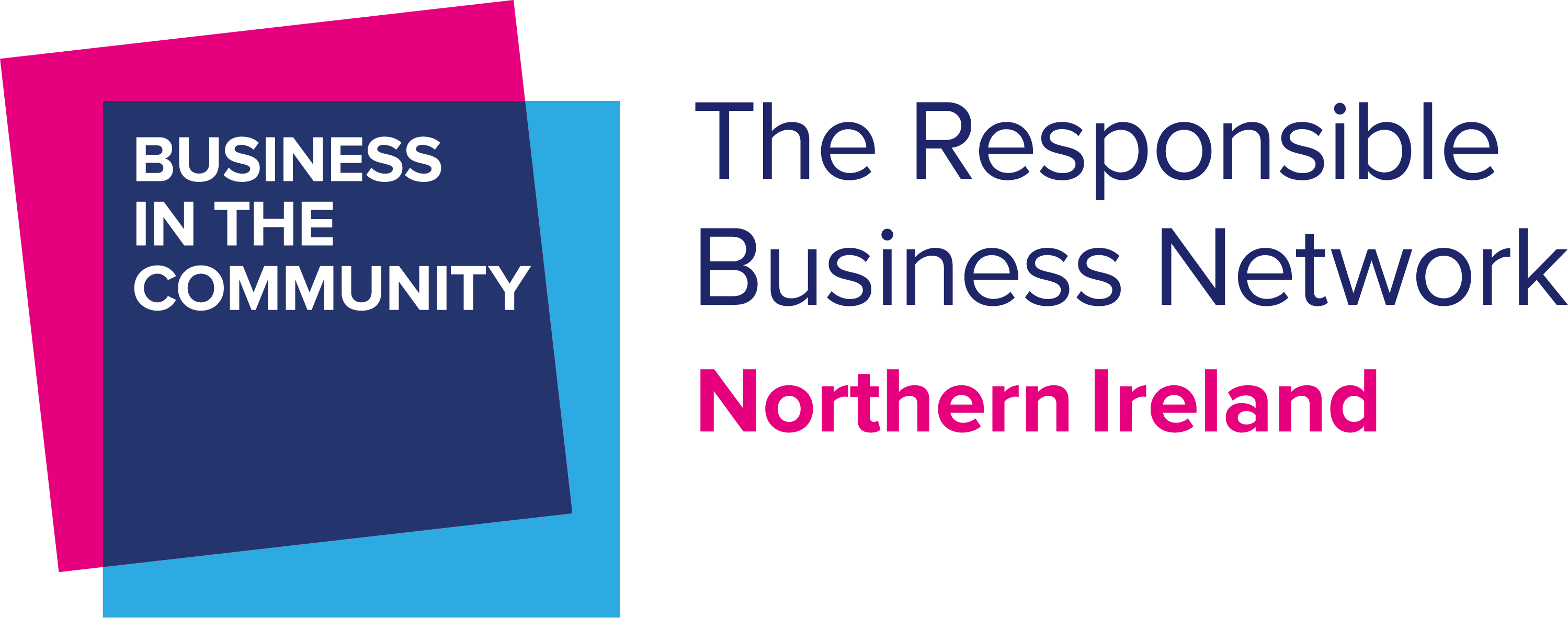EX-offenders: a common label for former convicts (former being operative word)
So you may ask why I titled my blog as 'EX-offenders'...

So you may ask why I titled my blog as ‘EX-offenders’ and I suppose that is because the thing I ask you all to take away from reading this, is exactly that…the young men we work with become EX-offenders and need everyone in society to give them the second, or for most, the first chance they need to become contributing members of our communities.
There are many reasons why people turn to crime.
• Poverty
• Peer pressure
• Drugs
Before I took on my current role as Project Manager with Advantage Foundation, my thoughts and opinions on criminals and the reason they commit their crimes were hugely different to what they are now. I would have always stood over my opinion of “Everyone knows right from wrong. Everyone knows what happens if you break the law” but for the last two years I have had the chance to work with young men (18-24) who are serving sentences from months to years in Hydebank Wood College (HBW), Belfast.
Crime in Northern Ireland has been rapidly declining over the last 18 years. There are now 56 crimes committed per 1000 people in 2019 versus 84 crimes per 1000 people in 2002, but that is still a minimum of over 100,000 victims of crime in NI each year. Our Employability Project, QUEST (funded by European Social Fund & Dept of Justice), focuses on reducing the re-offending rate of some of these young men in HBW, but how?
Mugshots
For the past seven years Mugshots has provided a unique, hands-on employment experience based inside HBW where a minimum of 24 young offenders each year complete Employability Skills qualifications and gain formal Work Experience in our print and design workshop. The profits from our social enterprise are set aside in a bursary fund that participants can apply to post-release for financial assistance towards further education/training or help into employment. A large part of our 1-to-1 support is to encourage Future Options Planning, something a lot of our participants would not have thought possible for them before and this is focused on further training and education needs, or pathways into employment.
“It will help me get a job and put me on a straight path”
“It has helped me in a lot of ways and developed my money management skills”
“all I can say is that I have a new lease of life after working with Mugshots”
“Mugshots has helped me understand business and entrepreneurship and made me think more positively about my future”
This is some of the feedback we have from our participants, but our work only goes so far. This is when we need all employers to raise their hand and say they want to help.
• Can you provide work placements?
• Can you provide flexible apprenticeships?
• Can you be a workplace mentor?
Hope
“Convict”, “crook”, “villain”, “lag”, “con” recognise these words?
What becomes of someone that you give this type of label to? I can tell you that it is the easy way out for us (society) to shuck responsibility for what part we play in creating criminality in our communities. It is the way in which society can avoid digging deeper and looking at the real complexity of someone’s situation. By doing this, we can limit their ability to shape their own lives into becoming something other than that label we give them.
– “Sure I belong in jail”
– “Why do you say that Jamie?”
– “Well sure my mum always said I’d end up here!”
This was a recent conversation I had with one of our participants. Well, he does belong there, for now. He committed a crime and got sentenced to jail. But he also has a release date. He will become an active member of our society again. I know I want him to become a positive contributor and I hope most of you will say that too. Afterall, we do not want to be the next victim of crime.
• More than 43% of young people in custody have emotional and mental health needs
• 60% of those who offend have communication difficulties
• Almost 33% of young people who offend are not in full time education, training or employment at the end of their period of youth justice supervision.
• More than 25% of young people in the youth justice system have a learning disability, while more than 75% have serious difficulties with literacy.
• More than 50% of young people who offend have themselves been victims of crime.
• 42% of children on custodial sentences had been ‘held in care’, while 17% were on the child protection register
Let’s give these young people HOPE. Let’s give them a better purpose. Let’s reduce victims of crime.
Become part of the Ban the Box campaign in Northern Ireland now and work towards a more hopeful future for us all. Ban the Box aims to give people with convictions a fairer chance at securing employment, by encouraging companies to ask the conviction question at a later point in the application process. This reduces the risk of unfair discrimination and overlooking talent.
Afterall, once they walk out through the gate, they are “Ex-offenders”.
“We must help break the circle of crime and industry has a role to play in that by employing young people who have grown up in difficult circumstances” – Nile Rodgers



